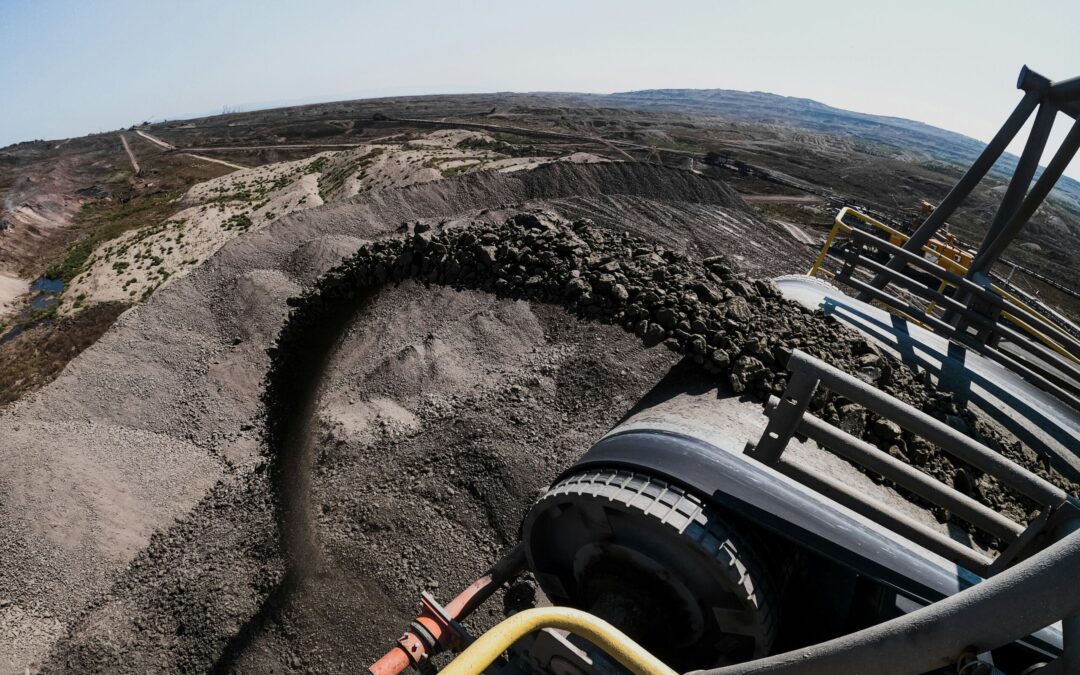Over the weekend, permitting reform failed to make the cut in Congress’s year-end spending and disaster legislation. While it’s disappointing that the National Environmental Policy Act (NEPA) will continue to slow down important infrastructure and energy projects (for now), waiting until the next session of Congress gives lawmakers a chance to get things right.
A bipartisan effort to attach permitting language to the CR faltered over the weekend, even as negotiators insisted that talks were ongoing.
As lawmakers huddled last week and on Saturday, making progress on a deal to bolster the electric grid and ease the approval process for all types of energy projects, time appeared to run out.
Retiring Senate Energy and Natural Resources Chair Joe Manchin (I-W.Va.), Environment and Public Works Chair Tom Carper (D-Del.), House Natural Resources Chair Bruce Westerman (R-Ark.) and others have been working for weeks to try to find compromise on making changes to the National Environmental Policy Act.
Success would not only require a bipartisan accord on NEPA, grid development measures and other matters, but also approval of all leaders and the White House and a guarantee it wouldn’t jeopardize the broader spending plan.
Politico Pro reports (subscription needed):
“Negotiators made a lot of progress to close the gap, but the speaker pulled the plug,” one person said about House Speaker Mike Johnson (R-La.), who has been eager to finish the last major bills of the year for release by Sunday.
American Experiment joined a letter to urge permitting reform but cautioned against taking action in the lame-duck session. Comprehensive reform to the National Environmental Policy Act (NEPA) would be beneficial to the U.S., as “there are too many federal permitting obstacles that make it difficult to build everything from critical energy and water infrastructure to a family home.” However, rushing to enact legislation in the lame-duck session could incorporate detrimental policies “that would untap the Inflation Reduction Act subsidies and primarily serve to put unreliable electricity generation on the grid (i.e. wind and solar).” Passing changes to NEPA doesn’t happen every day, and it’s worth taking the time to get it right.
The broken permitting process is a significant theme in American Experiment’s October 2024 report, “Mission Impossible: Mineral Shortages and the Broken Permitting Process Put Net Zero Goals Out of Reach.” NEPA review applies to any project that may have an impact on the environment, which includes everything from mining, timber harvesting, wind and solar facility construction, transmission lines, rocket launches, and more. Simplifying and speeding up the process will benefit a wide range of projects.
Let’s hope 2025 will be the year the U.S. finally fixes its dysfunctional permitting process.

